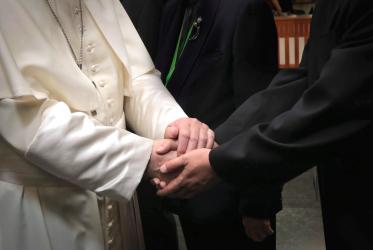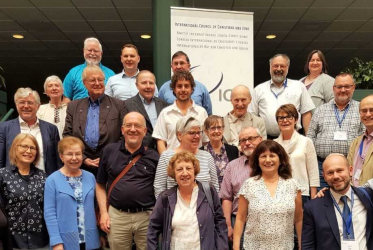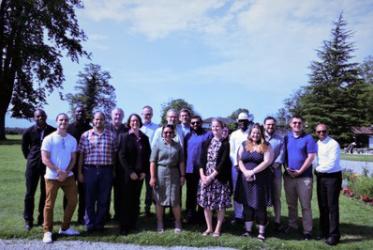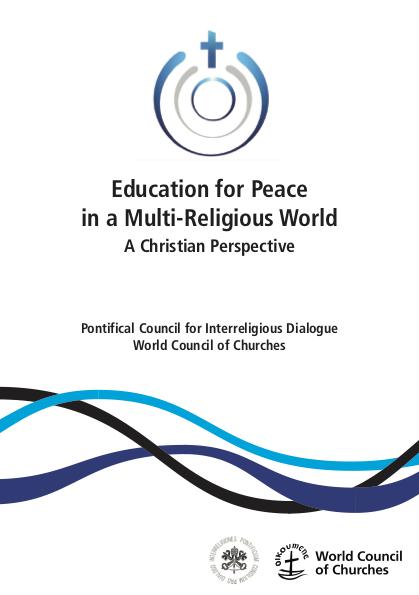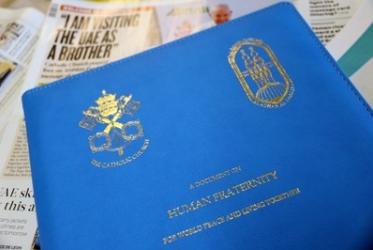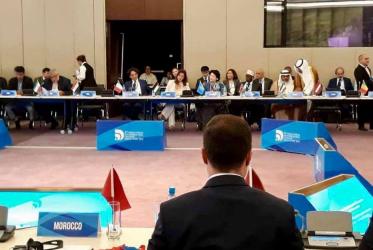Displaying 161 - 180 of 376
In Korea, young ‘stewards of hope’ forge ahead together
19 September 2019
Ecumenical young trailblazers
15 August 2019
Christian-Buddhist Conference in Germany
05 July 2019
Bossey gathers students for interreligious dialogue
02 July 2019
WCC to convene first Christian-Sikh dialogue
17 June 2019
Latest issue of Current Dialogue tackles diverse themes
28 March 2019
